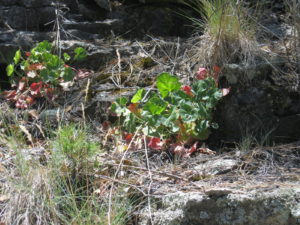 Coral Bells or Alum Root are Heuchera and in this case I’m talking about the species sanguinea. There are 6 species of Heuchera found in Arizona and over 35 species in North America with many found in the western United States. Heucheras are in the Saxifrage family, the Saxifragaceae, which, by the way, is derived from the Latin and means rock splitter. Many of the genera are to be found in rocky places just like this Coral Bells I found up in the Chiricahua Mountains. The species sanguinea is a parent to many garden cultivars, but no matter what it likes shade and moisture and I’ve never had good luck with it in the ground at our little homestead. I suggest enjoying it in a shady, moist and rocky area of your favorite sky island.
Coral Bells or Alum Root are Heuchera and in this case I’m talking about the species sanguinea. There are 6 species of Heuchera found in Arizona and over 35 species in North America with many found in the western United States. Heucheras are in the Saxifrage family, the Saxifragaceae, which, by the way, is derived from the Latin and means rock splitter. Many of the genera are to be found in rocky places just like this Coral Bells I found up in the Chiricahua Mountains. The species sanguinea is a parent to many garden cultivars, but no matter what it likes shade and moisture and I’ve never had good luck with it in the ground at our little homestead. I suggest enjoying it in a shady, moist and rocky area of your favorite sky island.
You may even run into the Apocynum cannabinum while traipsing about in the hills. Dogbanes are in the Apocynaceae, the Dogbane family, and plants in the family are found all around the world. In Arizona we have only four native genera of which Apocynum is one. The very popular ornamental Nerium oleander is in this family as well and is found pretty much all over southern Arizona in urban landscapes. And it better stay in those landscapes!
A couple notes: the photos are mine. Do you see the little conifer next to the Coral Bells in the rocks? And I couldn’t find the photo of Coral Bells blooming in the wild that I wanted so, I took this photo of one I grew. I warn folks of it’s requirements- shade and moisture- and wish the plant good luck. It’s like letting loose of a child and you can find me letting loose of favorite native plants at the Bisbee Farmers Market most Saturdays spring through the fall. Oh, and the last photo is of Apocynum cannabinum. I don’t grow it, but it is still quite beautiful isn’t it?
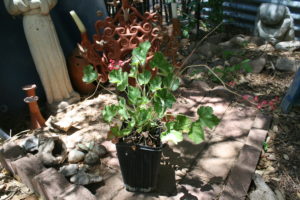
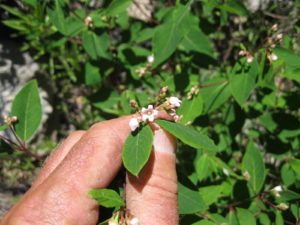
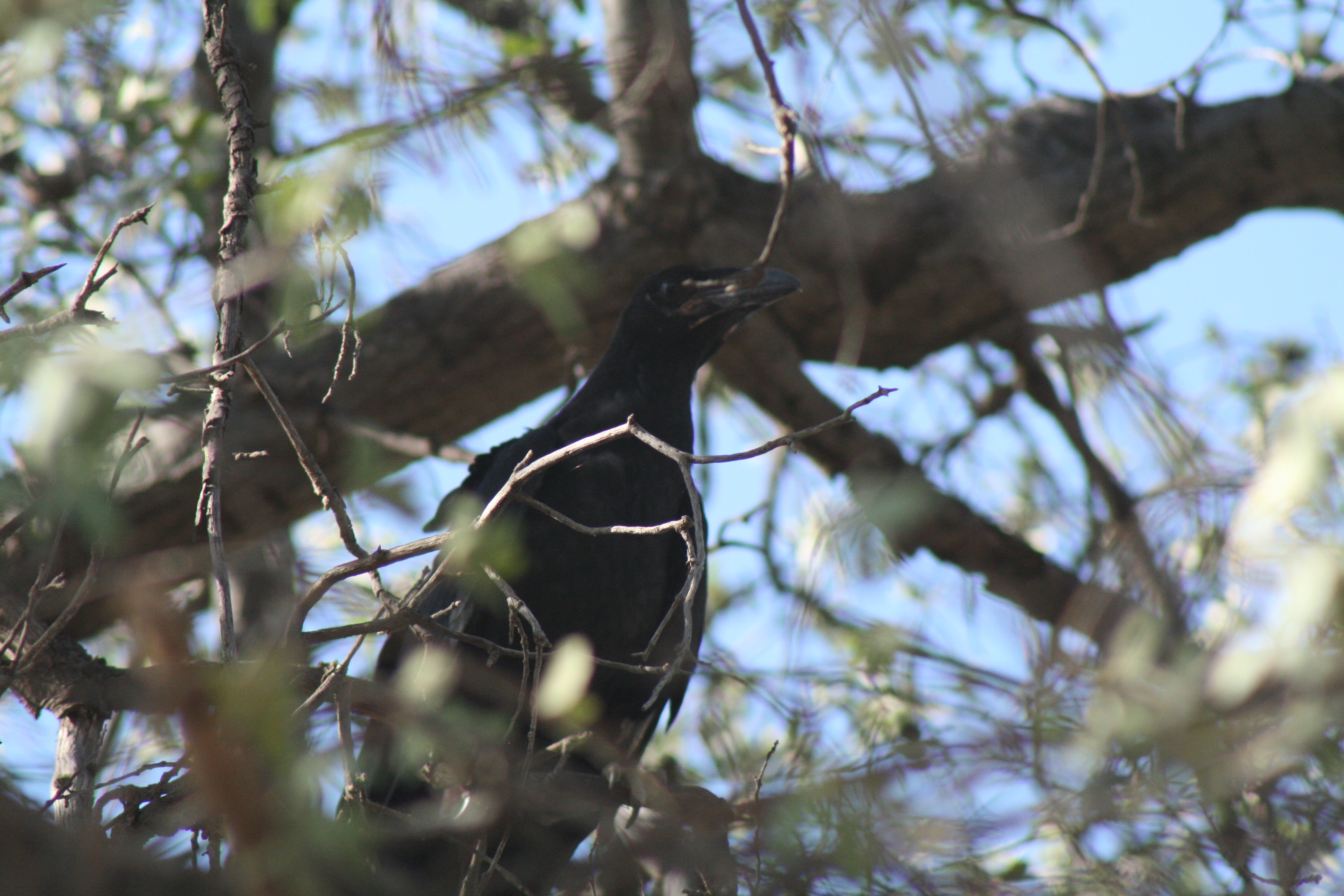
Corvus cryptoleucus is the Chihuahuan Raven. Corvus is Latin for crow and is the scientific name Linnaeus gave crows and ravens. Cryptoleucus is from...
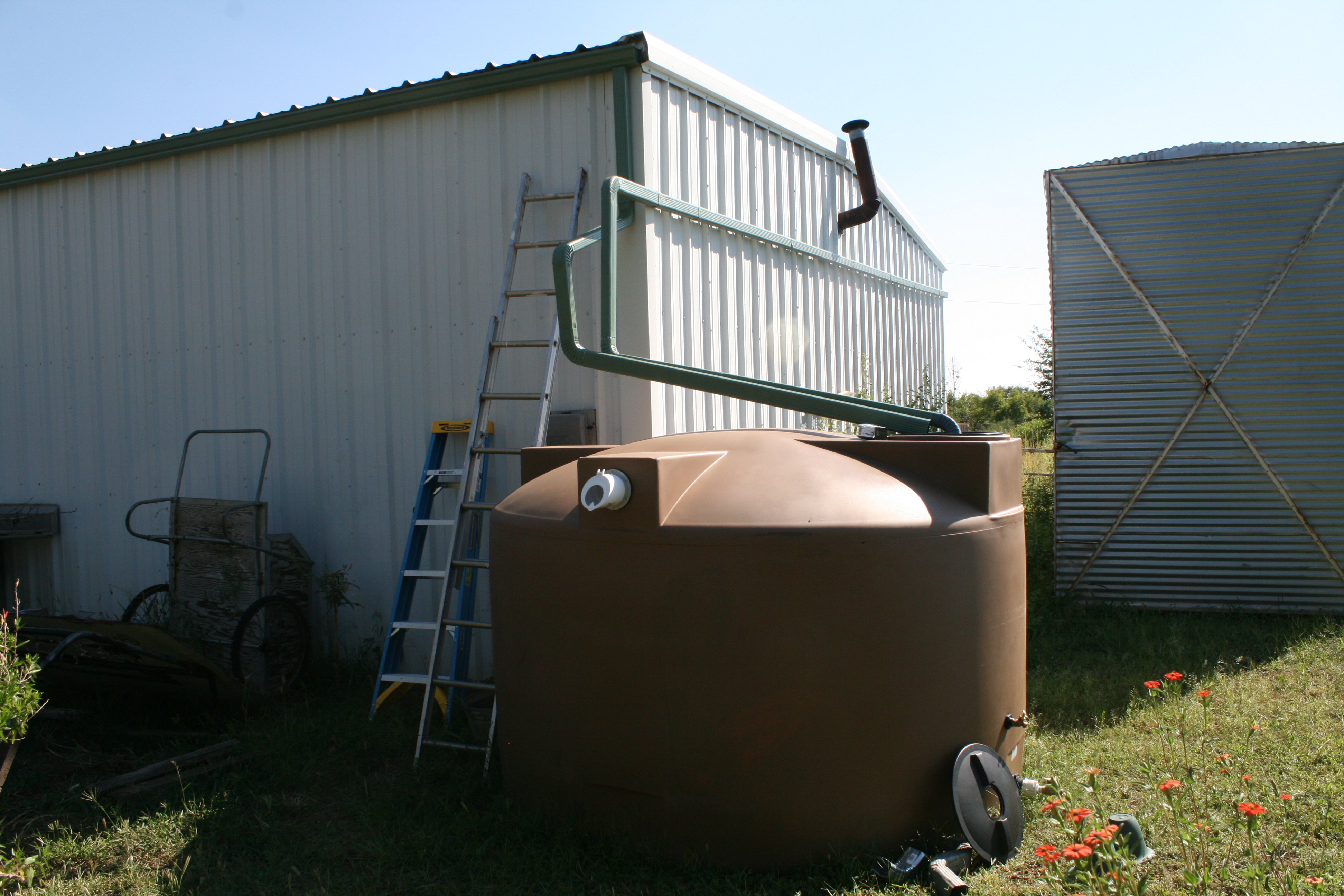
The Ol’ Guajolote is not alive with critters by the time it runs by our home. There are no fish or frogs or mud...

I gathered seed of Ceanothus greggii on a rocky slope in May. Buck brush is what I’m talking about and yeah, it’s easier to...